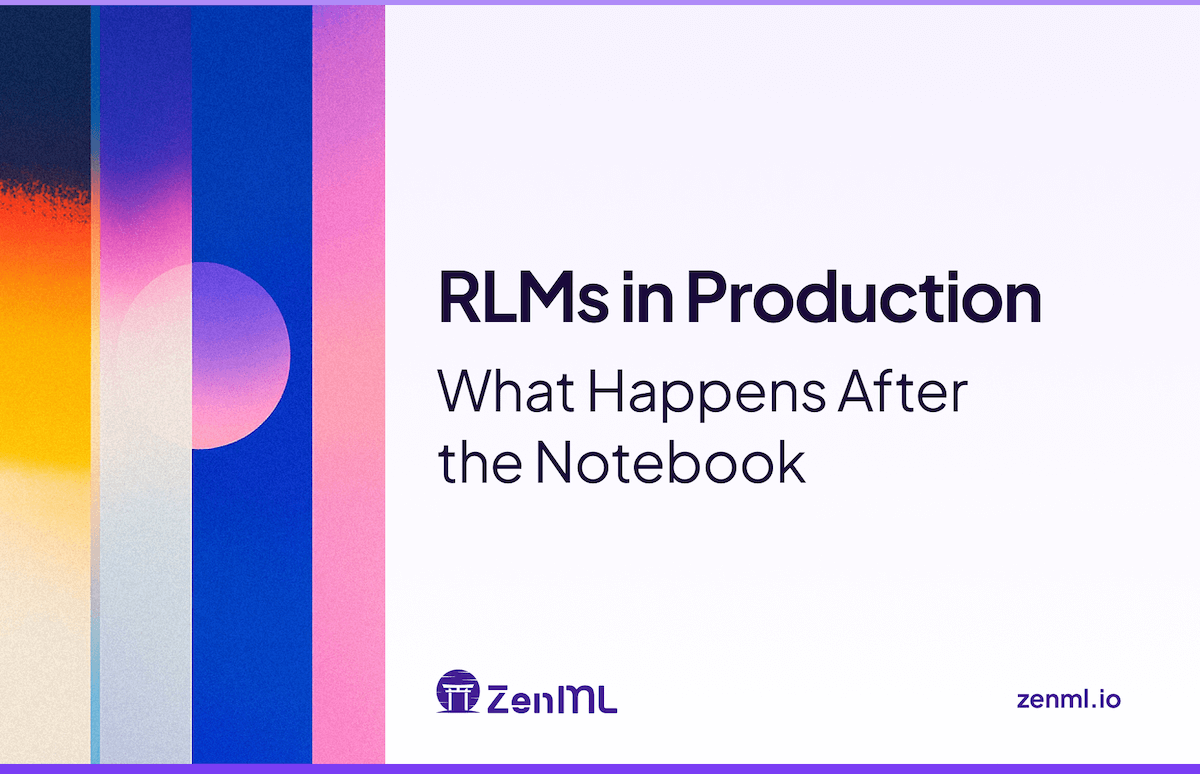

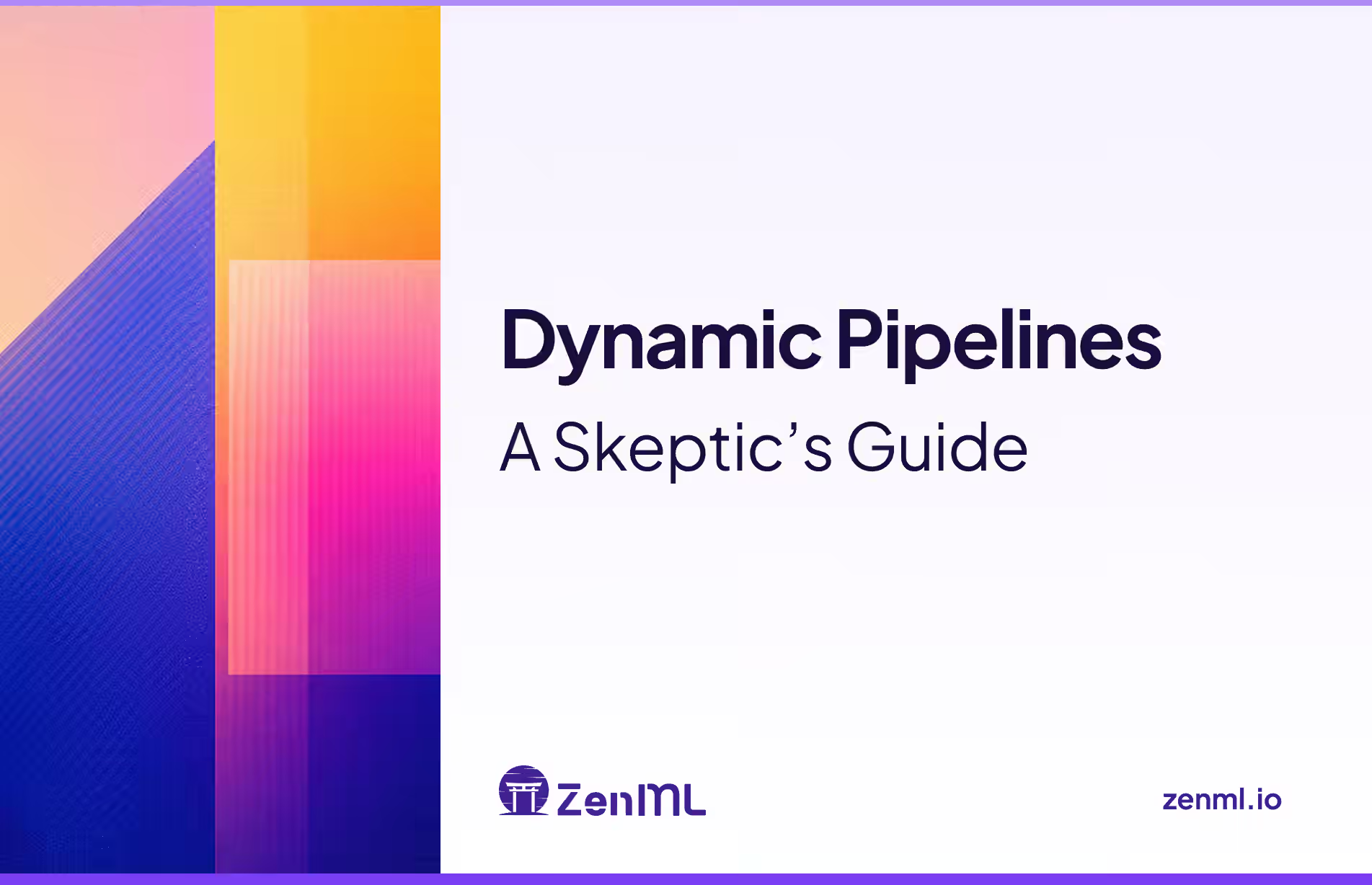
Agentic RAG without guardrails spirals out of control. Here's how ZenML's dynamic pipelines give you fan-out, budget limits, and lineage without limiting the LLMs.
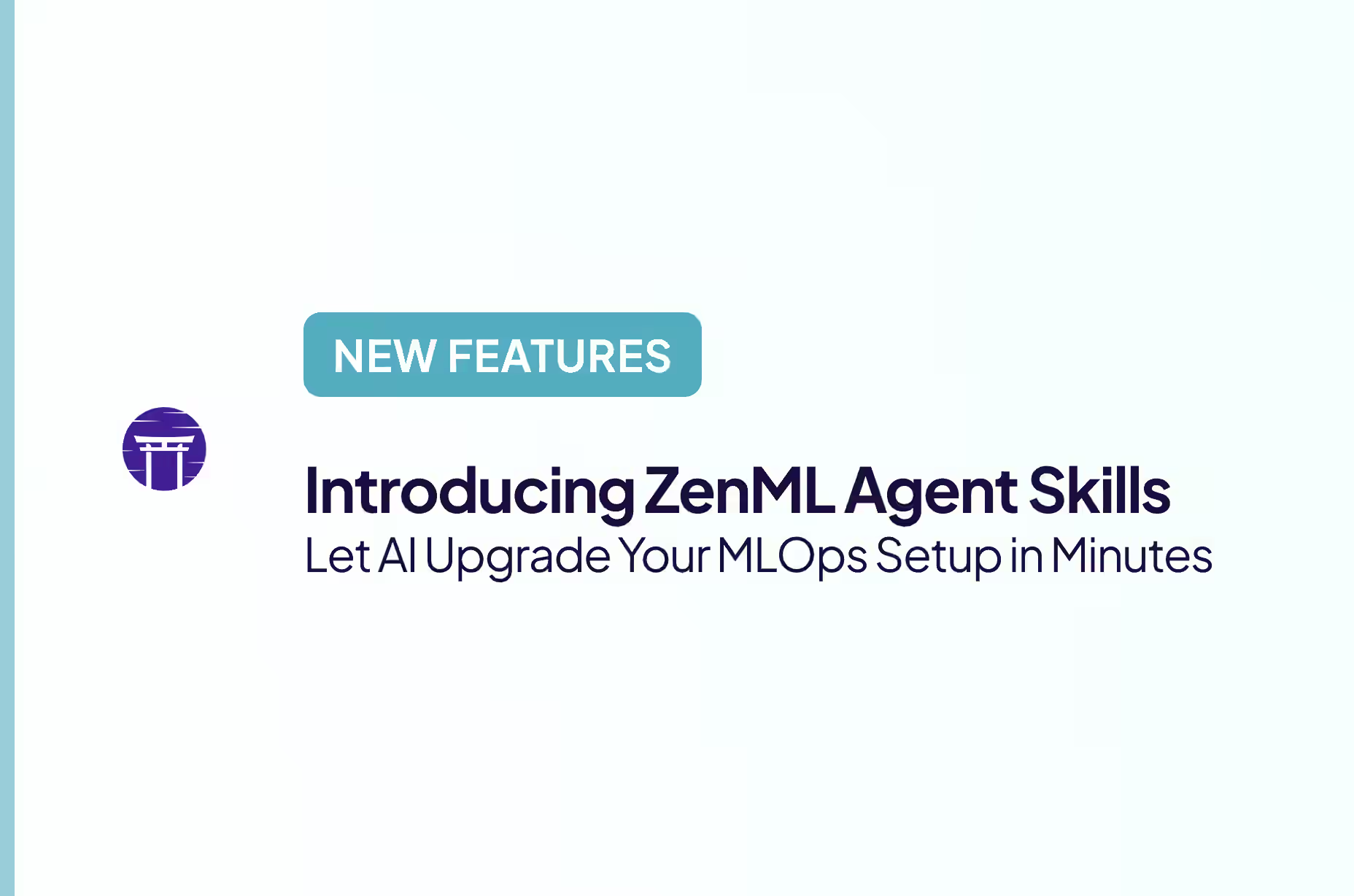
ZenML's new Quick Wins skill for Claude Code automatically audits your ML pipelines and implements 15 best-practice improvements (from metadata logging to Model Control Plane setup) based on what's actually missing in your codebase.
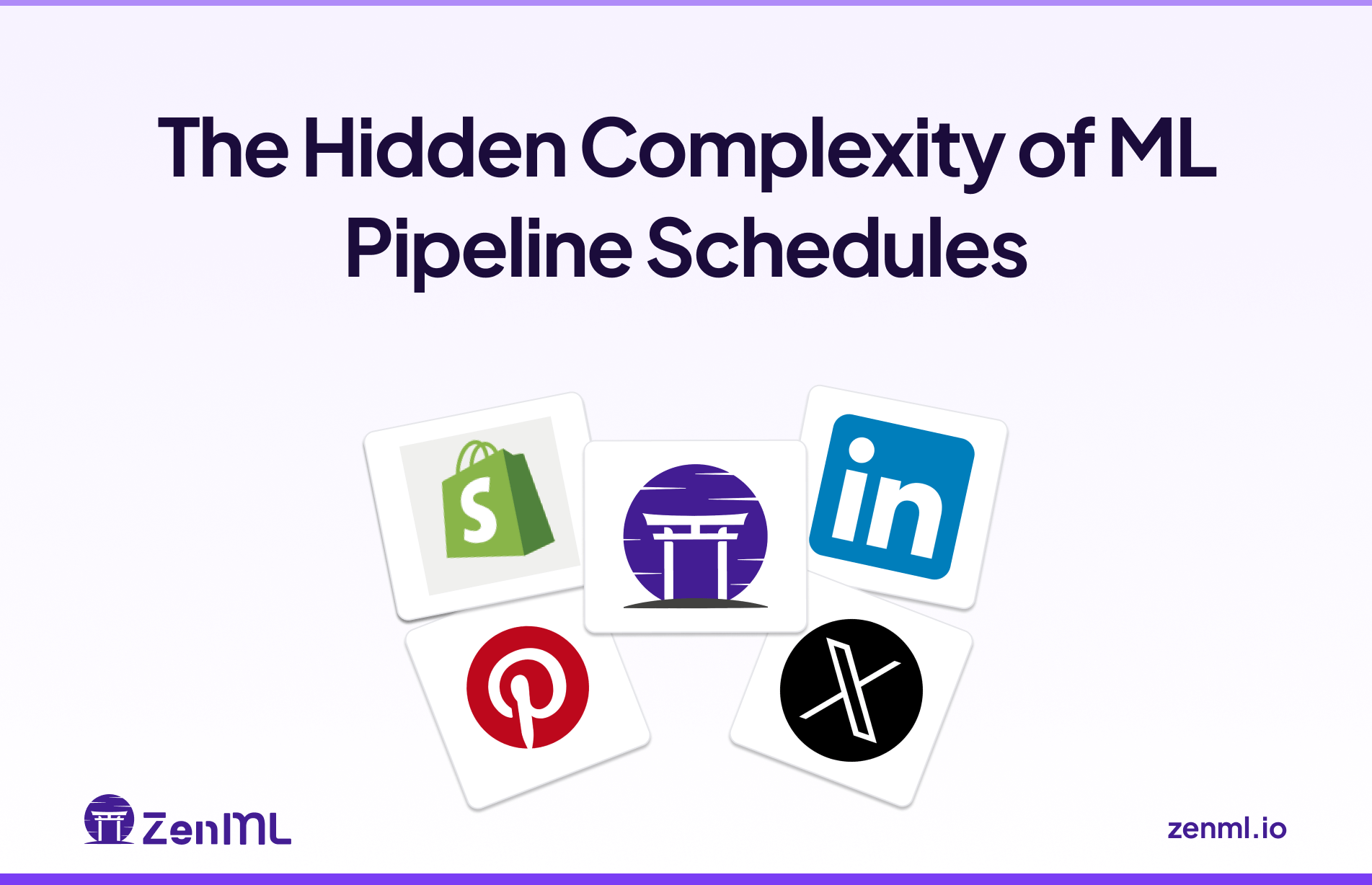
ML pipeline scheduling hides complexity beneath simple cron syntax—lessons on freshness, monitoring gaps, and overrun policies from Twitter, LinkedIn, and Shopify.
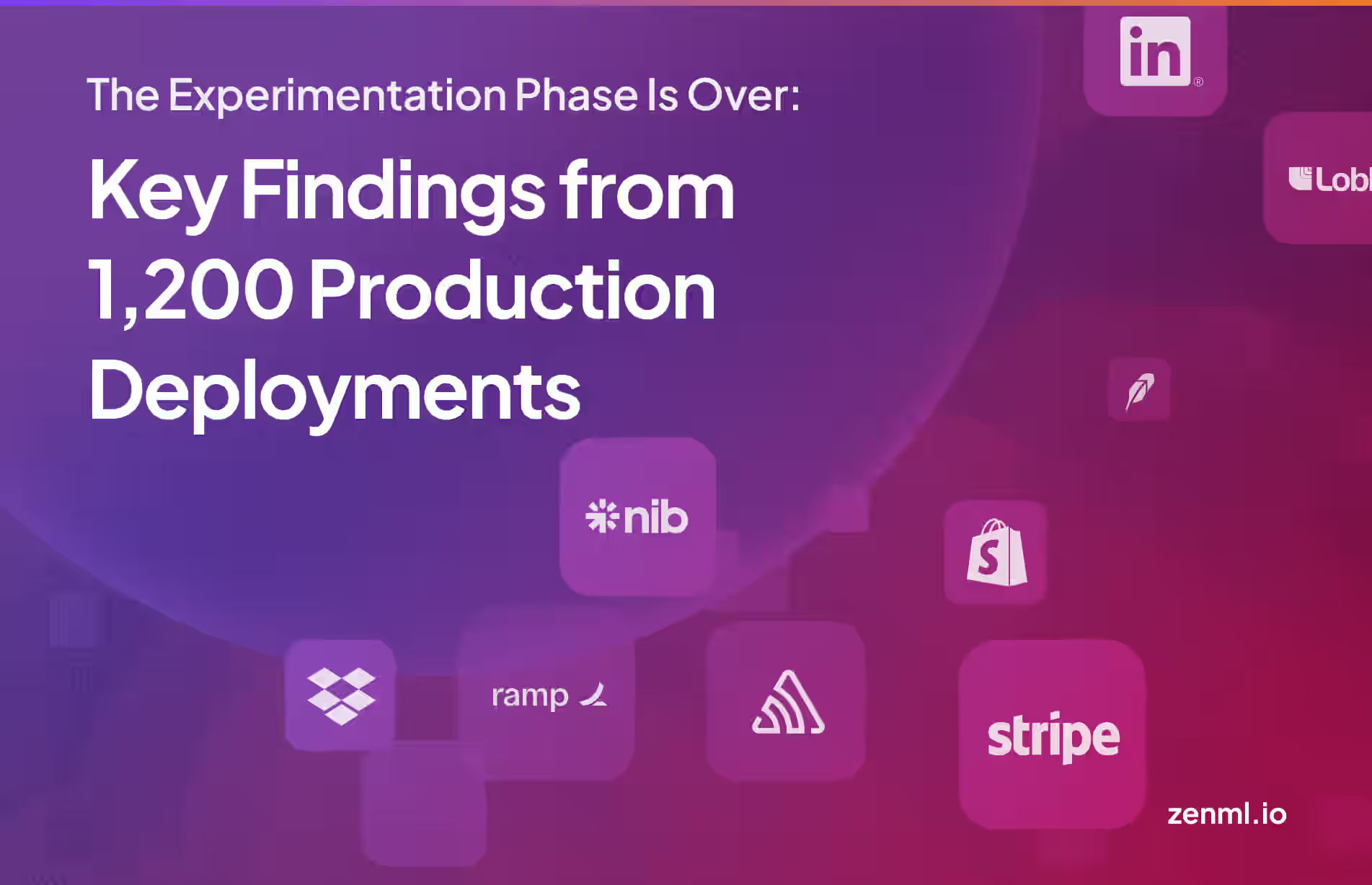
Analysis of 1,200 production LLM deployments reveals six key patterns separating successful teams from those stuck in demo mode: context engineering over prompt engineering, infrastructure-based guardrails, rigorous evaluation practices, and the recognition that software engineering fundamentals—not frontier models—remain the primary predictor of success.

Explore 419 new real-world LLMOps case studies from the ZenML database, now totaling 1,182 production implementations—from multi-agent systems to RAG.
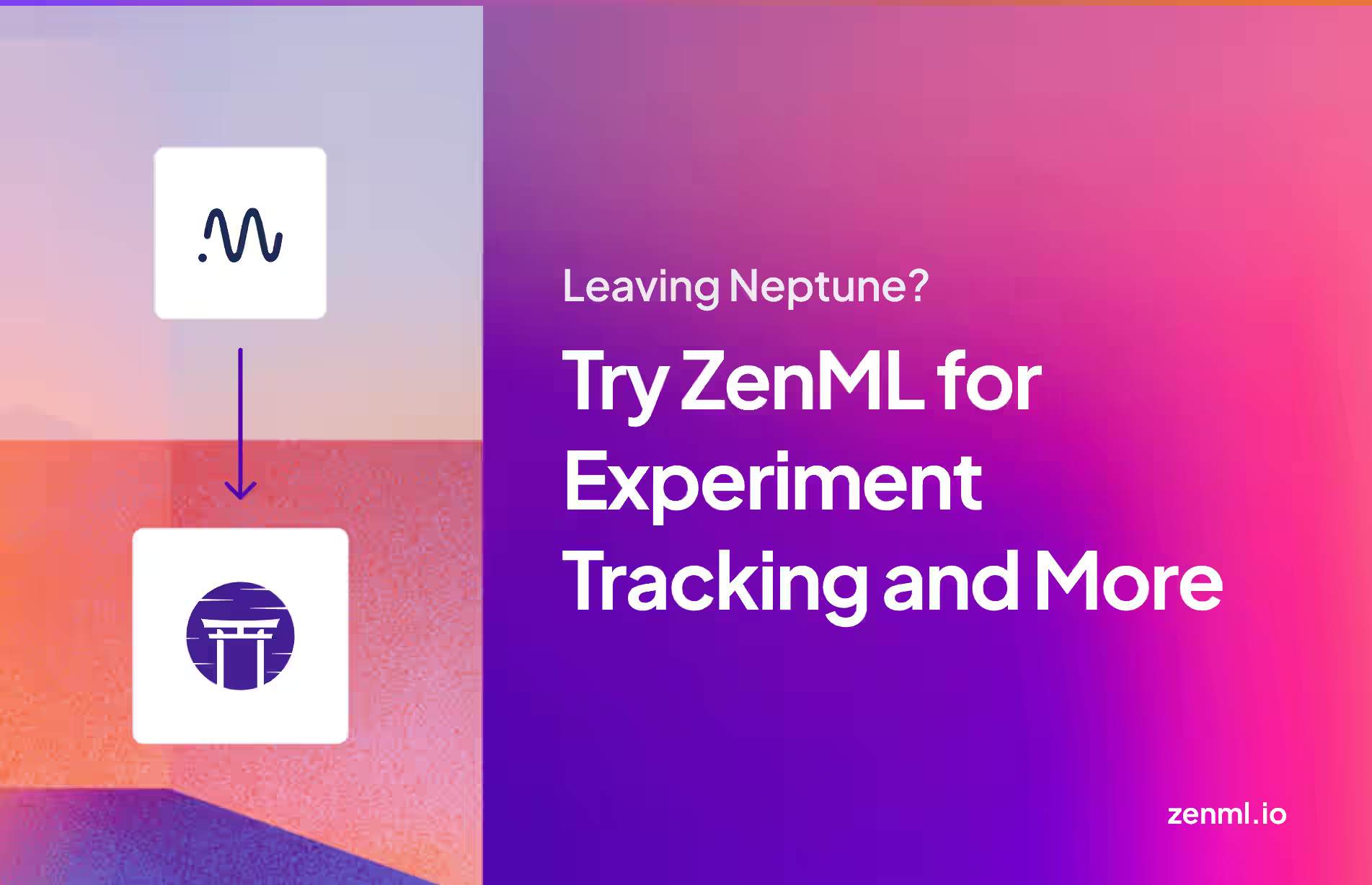
Neptune AI is terminating its standalone SaaS solution. Switch to ZenML to track ML experiments and do much more.
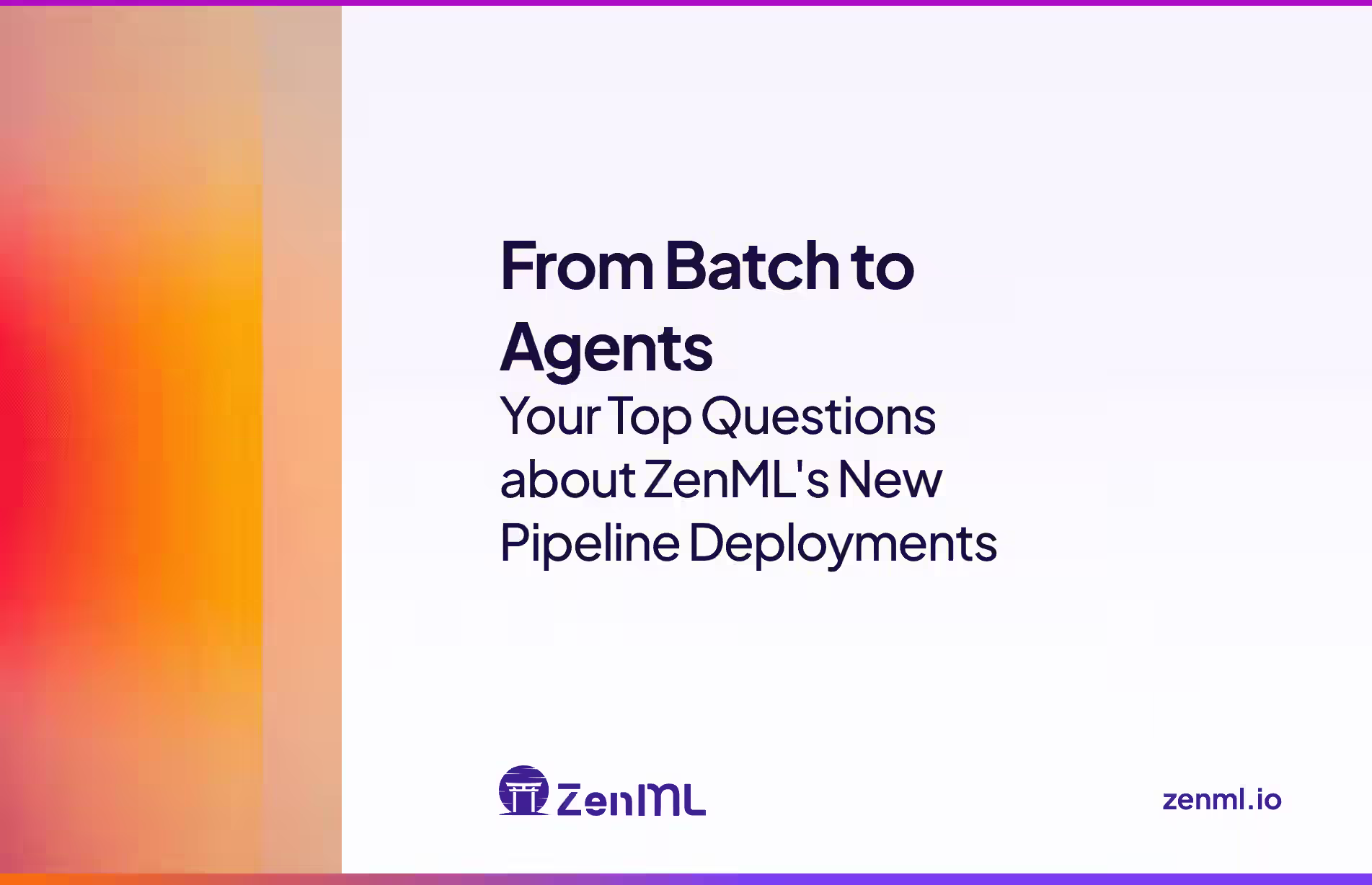
ZenML's new pipeline deployments feature lets you use the same pipeline syntax to run both batch ML training jobs and deploy real-time AI agents or inference APIs, with seamless local-to-cloud deployment via a unified deployer stack component.
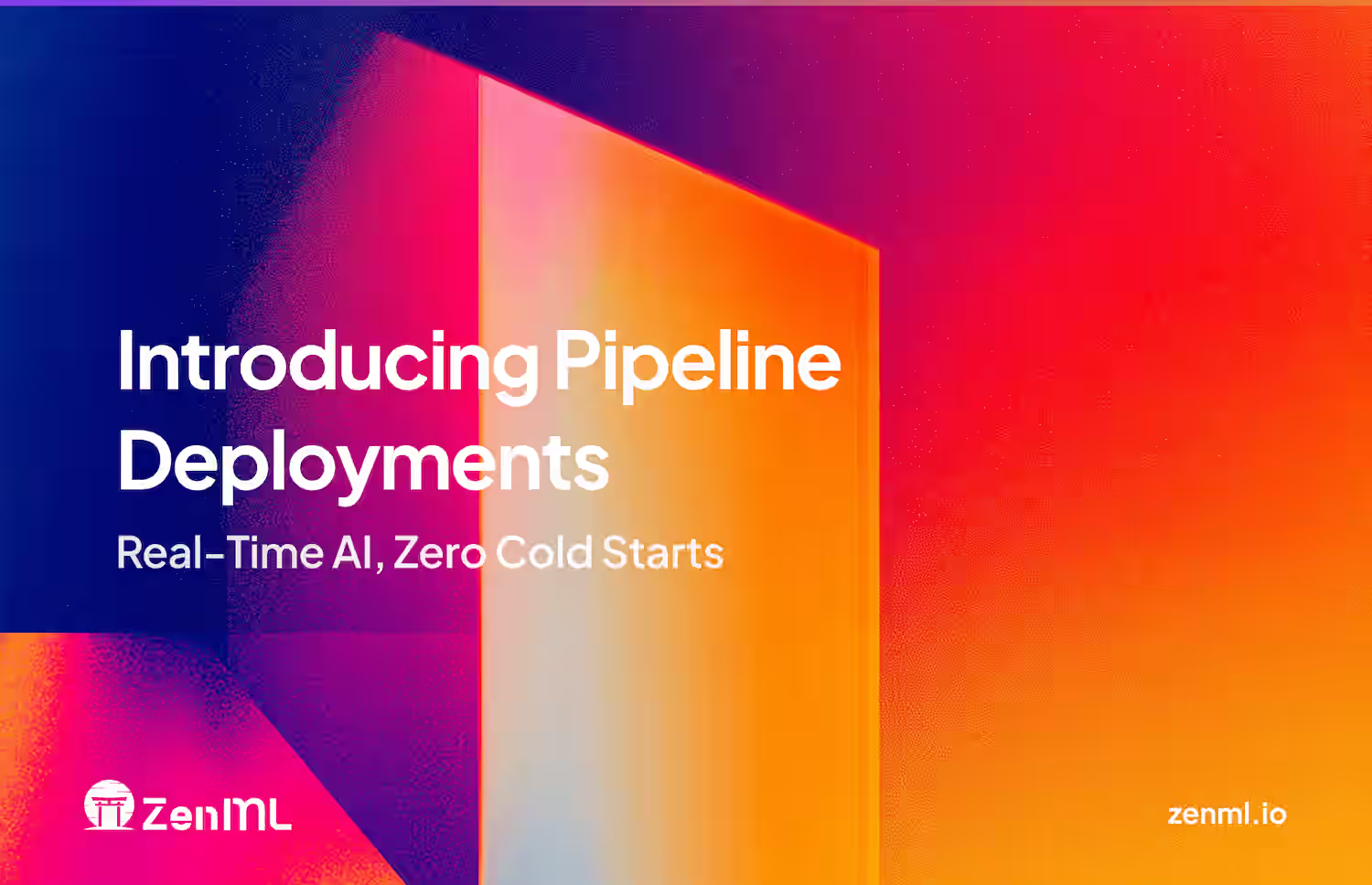
ZenML launches Pipeline Deployments, a new feature that transforms any ML pipeline or AI agent into a persistent, high-performance HTTP service with no cold starts and full observability.
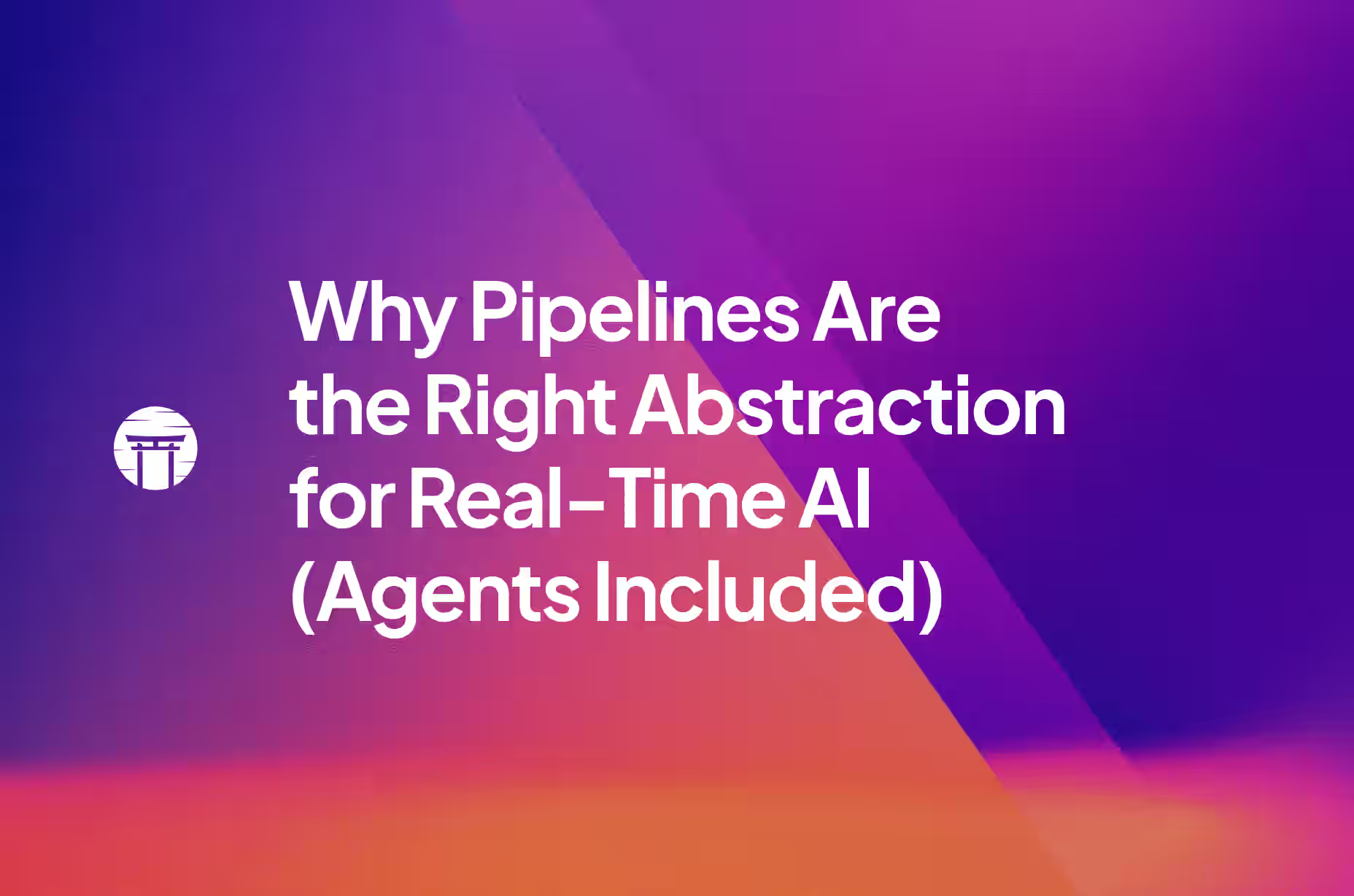
ZenML's Pipeline Deployments transform pipelines into persistent HTTP services with warm state, instant rollbacks, and full observability—unifying real-time AI agents and classical ML models under one production-ready abstraction.
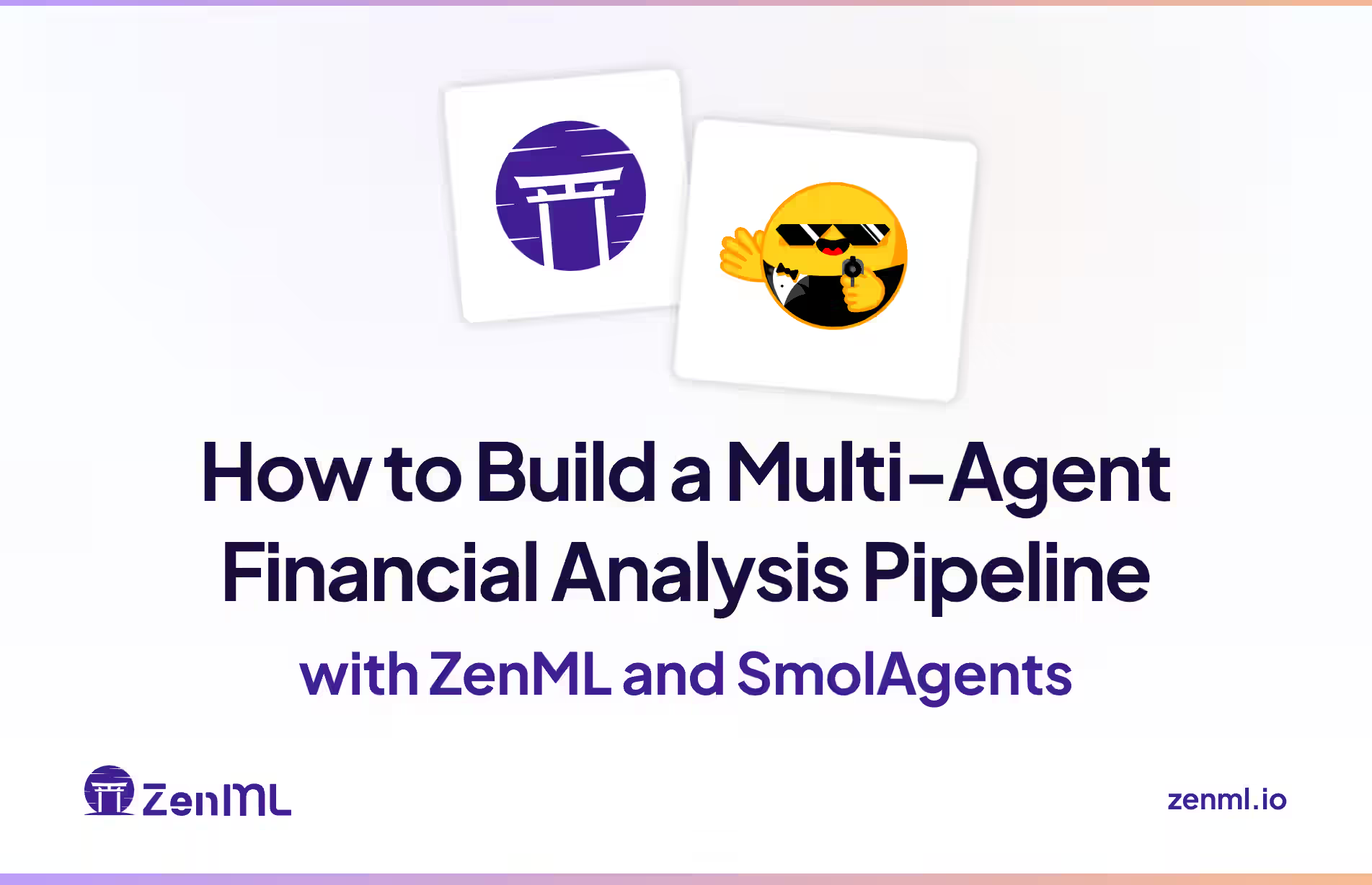
How to build a production-ready financial report analysis pipeline using multiple specialized AI agents with ZenML for orchestration, SmolAgents for lightweight agent implementation, and LangFuse for observability and debugging.
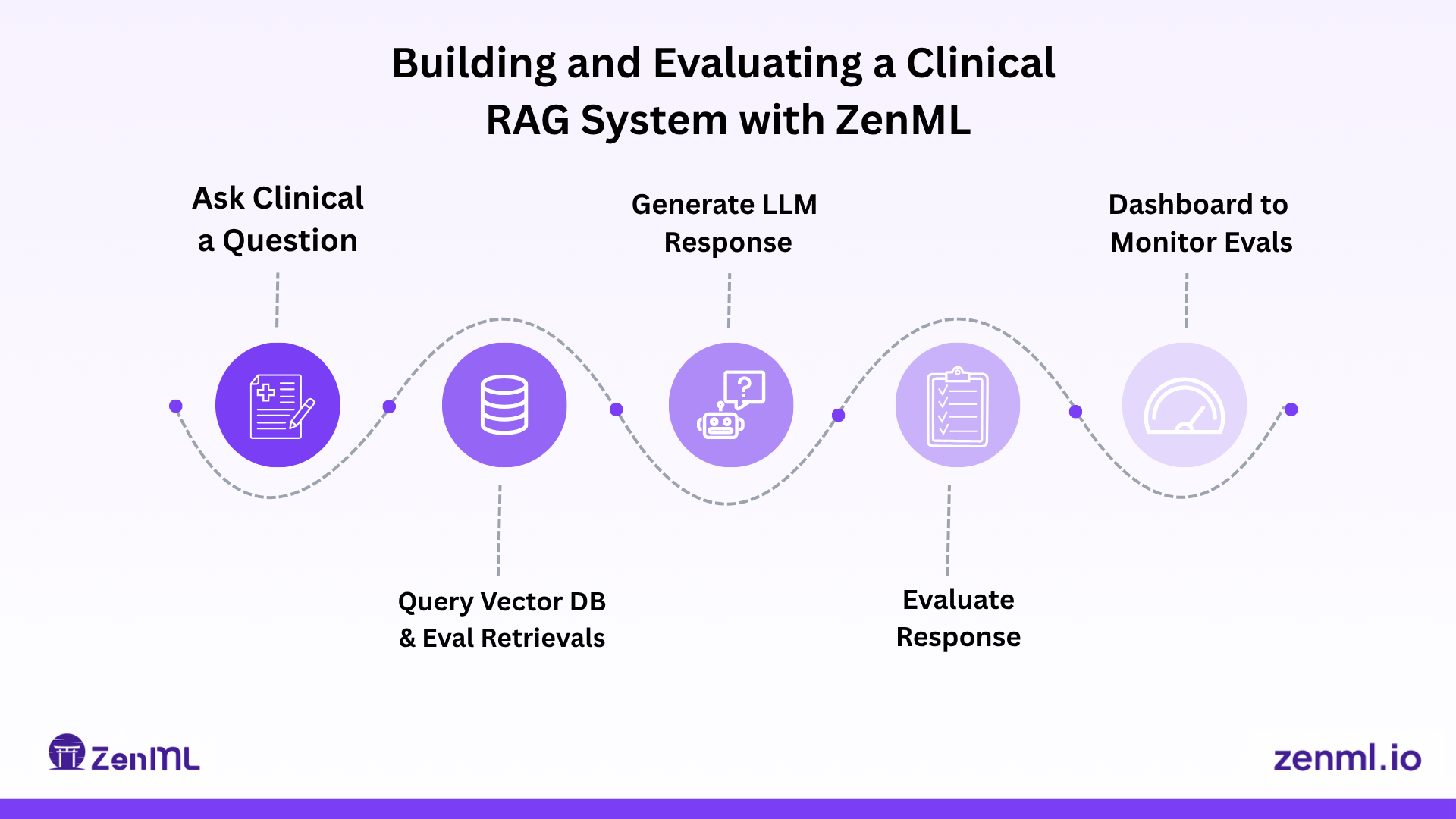
On custom evaluation frameworks for clinical RAG systems, showing why domain-specific metrics matter more than plug-and-play solutions when trust and safety are non-negotiable.